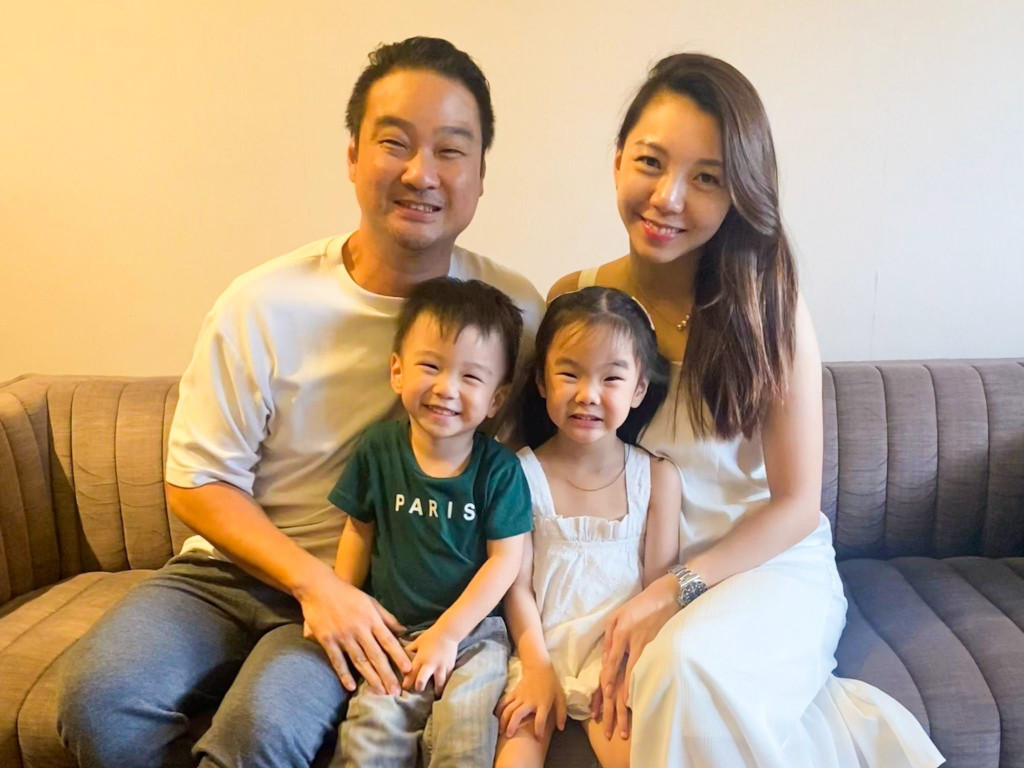SingaporeMotherhood | Baby & Toddler
December 2023
11 Secrets to Choosing the Best Infant Care Centre for your Baby in Singapore, from an Infant Care Expert
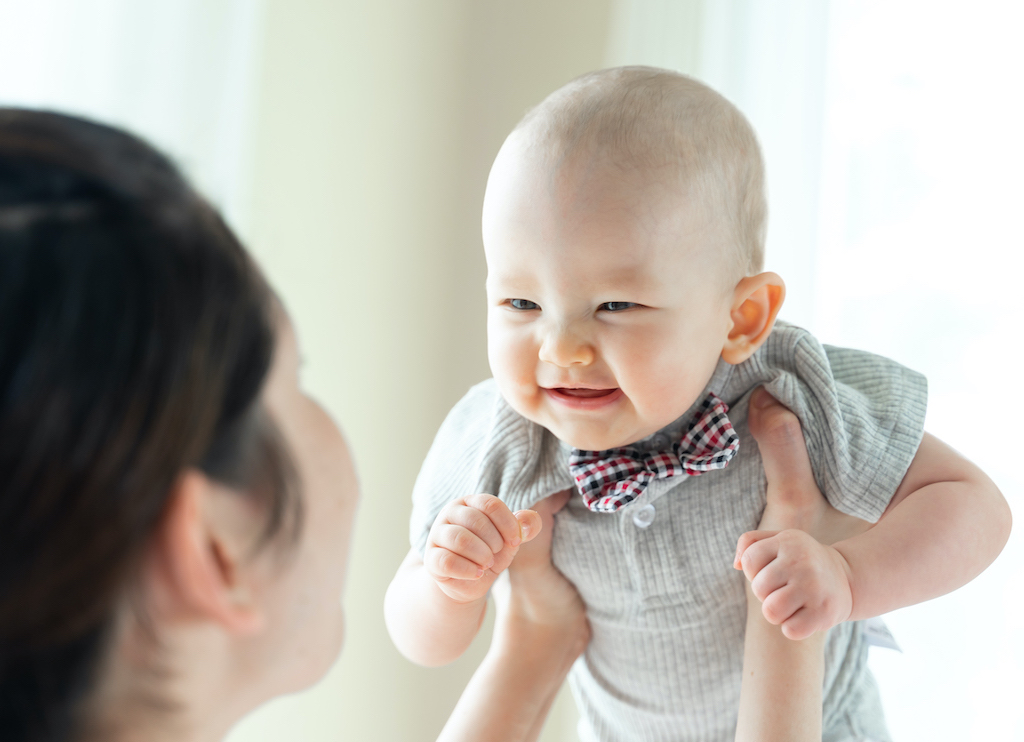
Putting your baby in infant care can be a big decision. As a new parent, it may not be easy to acknowledge that your child will be cared for by someone else other than you, for many hours each day. However if both parents are working full time, and you do not have domestic or family help, infant care is probably your best option. The important thing is to choose an infant care centre that suits your purposes well. But how do you know which one will be best for your little one? Ms Charlotte Wong, an Infant Care Expert at Kinderland with more than 20 years of experience working with children, breaks down the decision-making factors for us.
1. Infant Care Subsidies in Singapore
If your child is a Singaporean, enrolled in an infant care centre licensed by the Early Childhood Development Agency (ECDA), you will be eligible for subsidies to help offset the cost. Parents who work at least 56 hours per month receive a basic subsidy of $600, and an additional subsidy of $710. Non-working parents can get a basic subsidy of $150. They, as well as eligible non-parent caregivers, can also apply for Special Approval to receive the higher Basic and Additional subsidy that working applicants receive.
(See also: BUDGET 2023: BIGGER BABY BONUS + MORE BENEFITS AND SUBSIDIES FOR PARENTS)
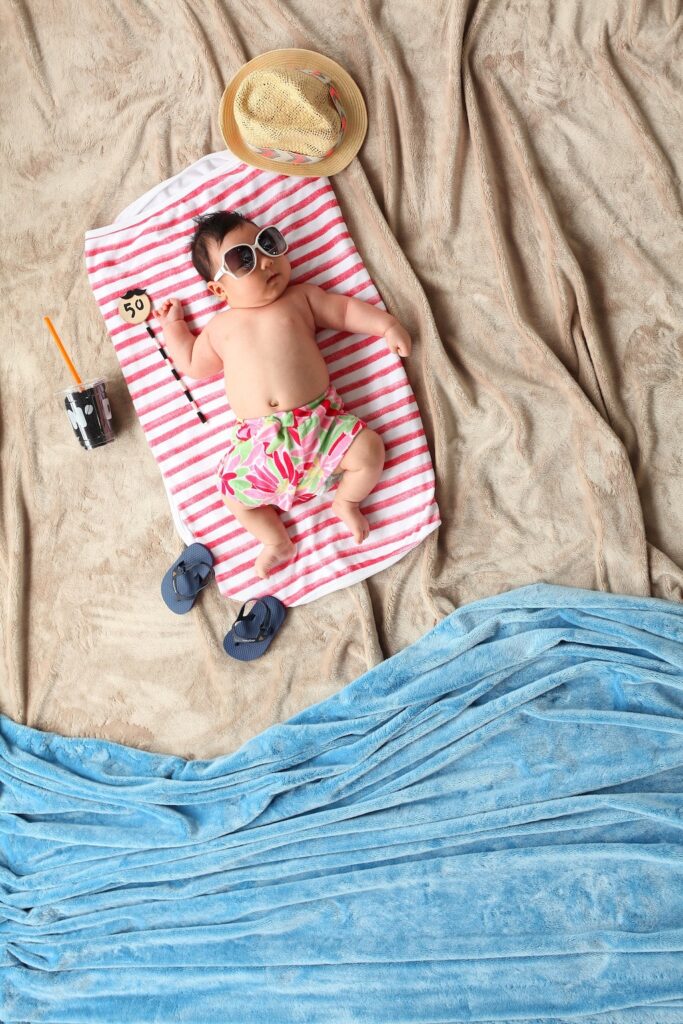
2. How old must my baby be?
Babies in Singapore can start infant care from two months to 18 months of age.
3. What should I look for?
Apart from the general facilities, safety guidelines and cleanliness of the centre, other criteria depend on your individual preference. While some parents prefer the more personal touch from smaller centres, others opt for larger name establishments. Whichever infant care centre you select, ensure that it is registered with the Early Childhood Development Agency (ECDA).
(See also: CHILDHOOD DEVELOPMENT: IS MY CHILD MEETING MILESTONES AT THE RIGHT TIME?)
4. Basic requirements when choosing an infant care centre:
✓ Regular updates: The school should provide regular updates on your child’s progress, and track observations made by educarers when your child attains relevant developmental milestones. This helps you know that your child is growing and developing healthily.
✓ Curriculum: Every centre has its own unique programme to help children develop to the best of their abilities. Check if they are aligned with the Singapore Early Years Development Framework (EYDF). In addition, some centres have enrichment programmes to expose children to multiple areas of learning.
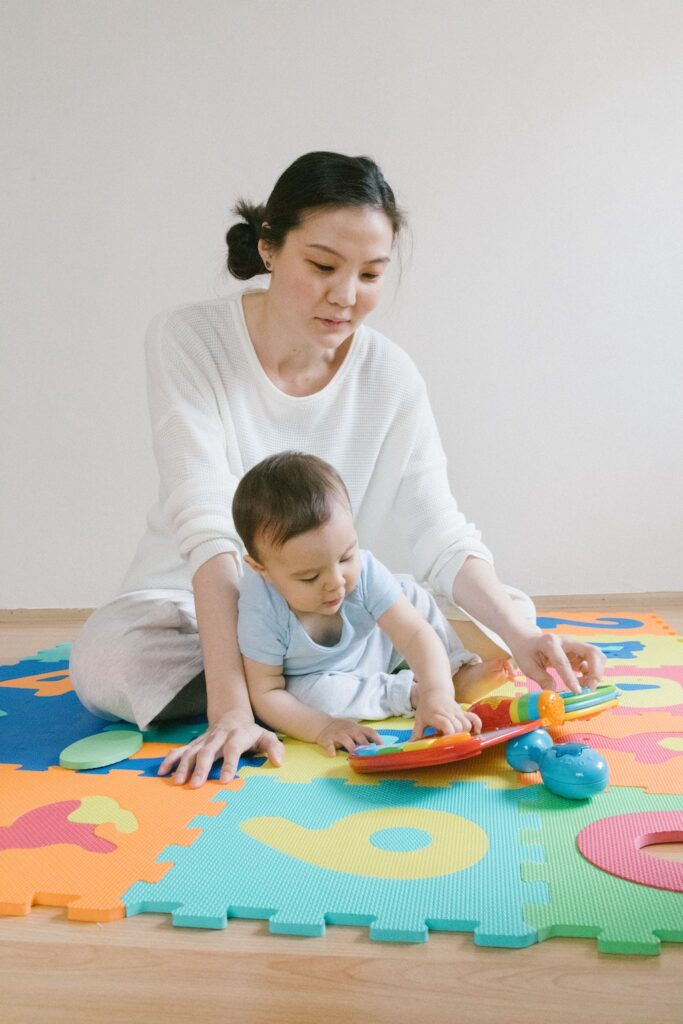
✓ Age-appropriate equipment: These equipment should aid in your child’s development and help them get the most out of their daily activities. Look for supportive features that help infants learn to stand and walk better. Well-padded gym equipment can help children who are mastering their gross motor skills tumble and roll.
✓ Diet: Food is an important factor for proper growth and development, and knowing how the school prepares it is important. Does the school have an in-house nutritionist, or plan meals in consultation with one? Are meals developed in accordance with the Health Promotion Board’s (HPB) guidelines? Some schools even offer meals made with superfoods to ensure your child attains the right amount of nutrition to boost their physical and cognitive development.
✓ How you feel about the centre: Most importantly, you should feel comfortable enough to leave your precious one with the educarers in the centre. Ask friends for referrals. They can offer trusted insights into a centre, as they have direct experience with it.
(See also: TRENDY SUPERFOODS — HOW SUPER ARE THEY FOR YOU AND THE KIDS?)
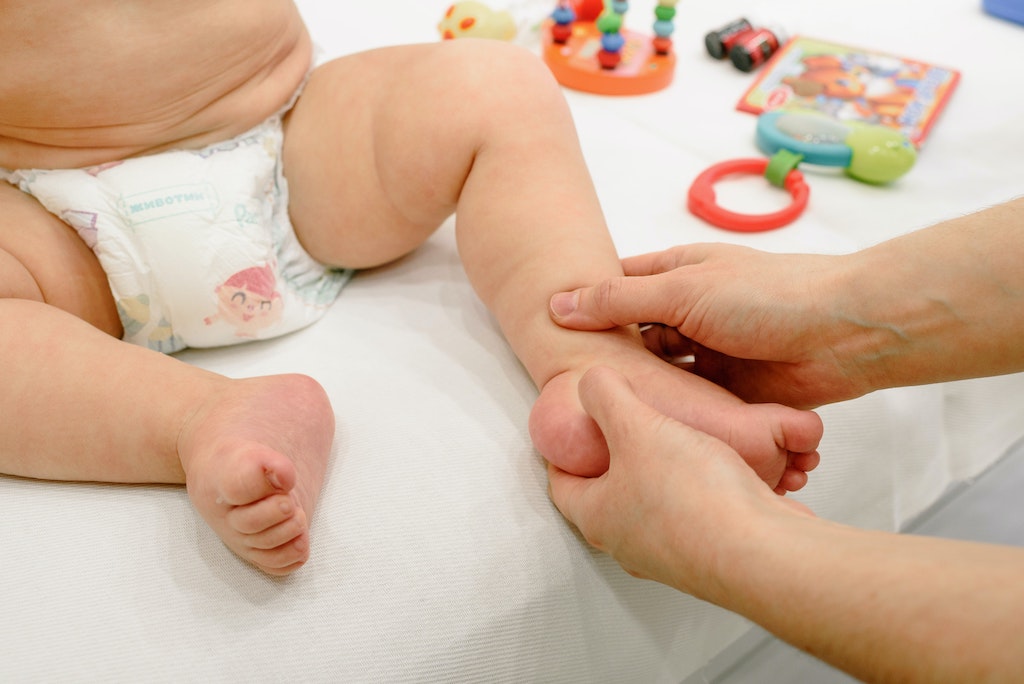
5. Things to take note of on an infant care centre tour
- Observe the environment, its hygiene standards, and cleanliness.
- Look at how the teachers communicate with one another, children, parents, third-party vendors.
- Pay attention to how they physically handle babies, and check if there is a system and process in place for handling different situations.
- Go through the curriculum and routine for each day and watch how they are carried out.
- Ask many questions. At the end of the day, you have to be comfortable with the environment you are leaving your child in.
6. Questions to ask at an infant care centre tour
- How often does the centre check the infant’s temperature?
- What is the procedure if my baby has a fever?
- How do you respond to the babies?
- How would you handle active babies who are not getting enough rest as they should?
- What procedures and methods do you have in place for children with allergies?
- How would you and the centre handle scenarios such as a baby falling down, or a baby who does not stop crying?
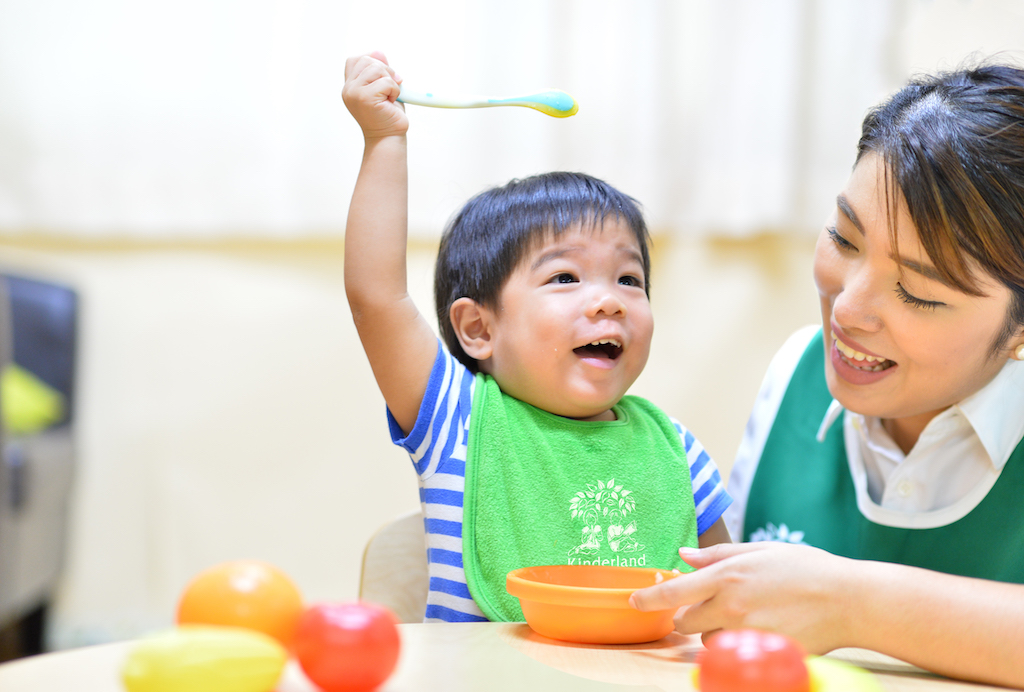
7. Is my baby ready for infant care?
More often than not, it is whether you are ready to leave your child with a stranger. Due to the tender age at which children are enrolled in infant care, they are often unaware of what is going on. However, your little one can sense if you are feeling anxious or uneasy. Hence it is best for you to regulate your own feelings first, especially if you have been looking after your newborn full-time.
Only place your child in infant care when you know you are ready to be separated from your precious one for a couple of hours in the hands of an educarer.
(See also: ARE YOU A HELICOPTER PARENT? YOU COULD BE HURTING YOUR INFANT)
8. Can my baby go to infant care if I am breastfeeding?
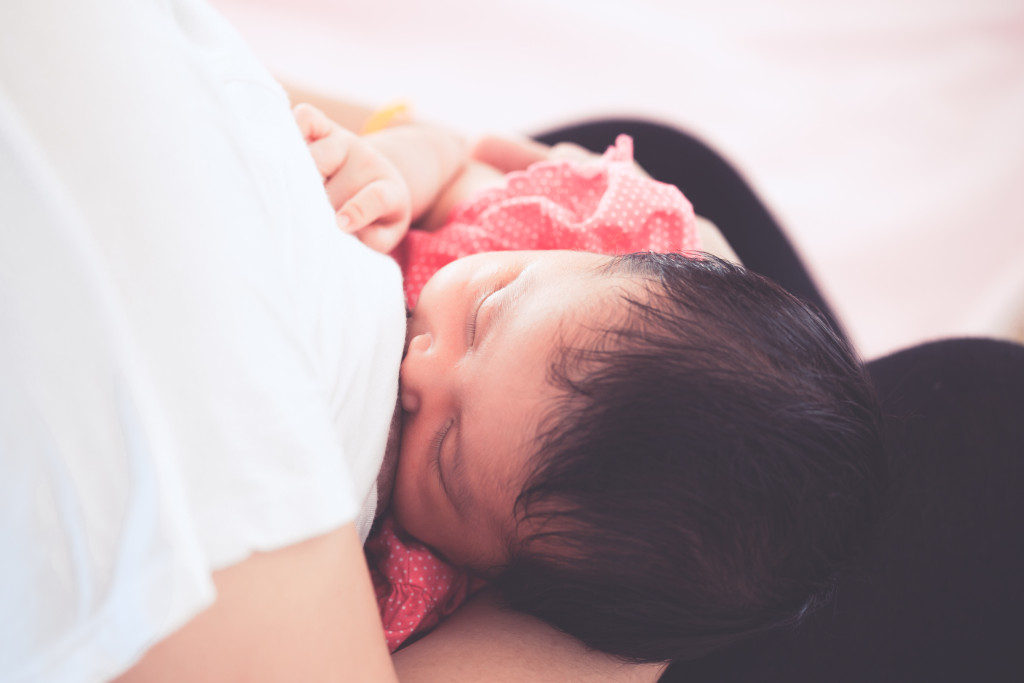
Yes. You can express your breast milk and teach your baby to drink from the bottle first, so the educarers can feed him or her. Ensure that all items are properly labelled with your child’s name to prevent loss or confusion. Some centres may also have an area where you can nurse or feed your child when you arrive, before you leave, or when you visit.
(See also: PUMPING TIPS FOR WORKING MOTHERS)
9. Will my baby have individual attention?
Some parents may be concerned that their child will not receive enough attention. ECDA’s minimum ratio requirement for infant care centres is one educarer to five infants. However, there are centres that have a lower ratio than that.
10. Do children in infant care fall sick more easily?
It is true that children, especially those under the age of one, are more prone to viruses and outbreaks when they enter infant care or childcare. However you can decrease the chances by checking with the school on their hygiene practices. It would also be good to ask the centre how often they experience an outbreak of diseases such as HFMD or stomach flu, and what sort of measures are taken.

11. What if I have separation anxiety?
It is common for first-time parents to have separation anxiety when they have to leave their child in the care of a stranger. This is why you should select a centre where you are comfortable with the educarers, as this will give you peace of mind. If it helps, ask the educarers to provide regular updates on your little one to help alleviate your worries.
Featured image: jcomp on Freepik
All content from this article, including images, cannot be reproduced without credits or written permission from SingaporeMotherhood.
Follow us on Facebook, Instagram, and Telegram for the latest article and promotion updates.





